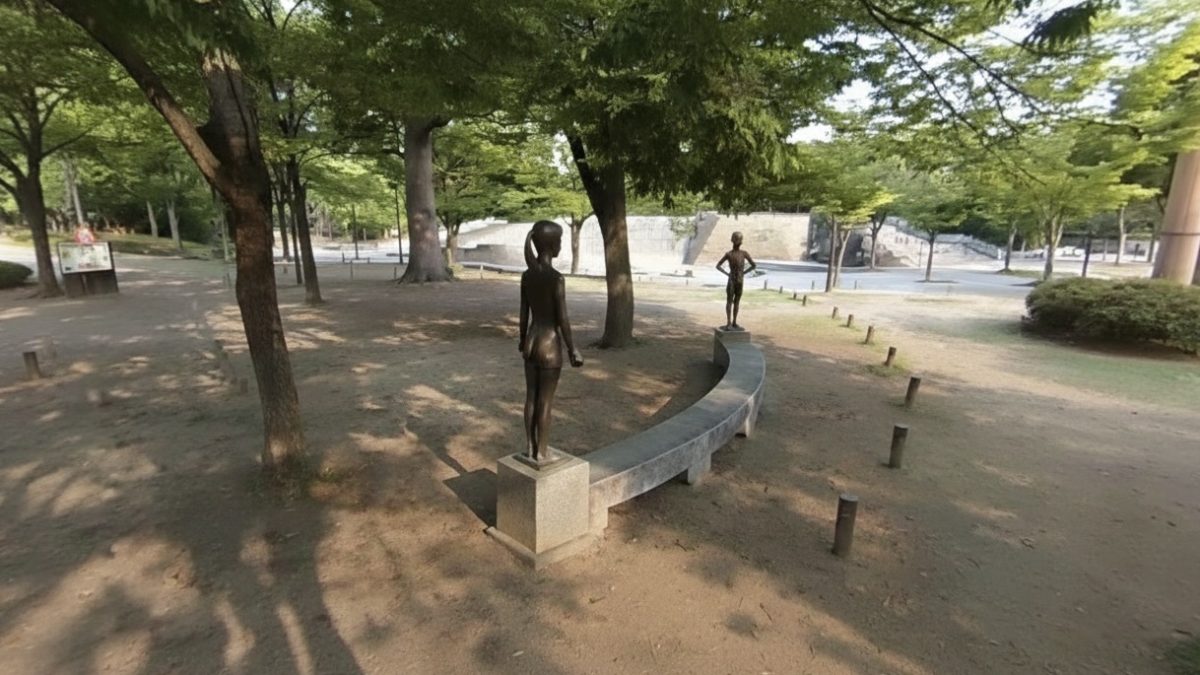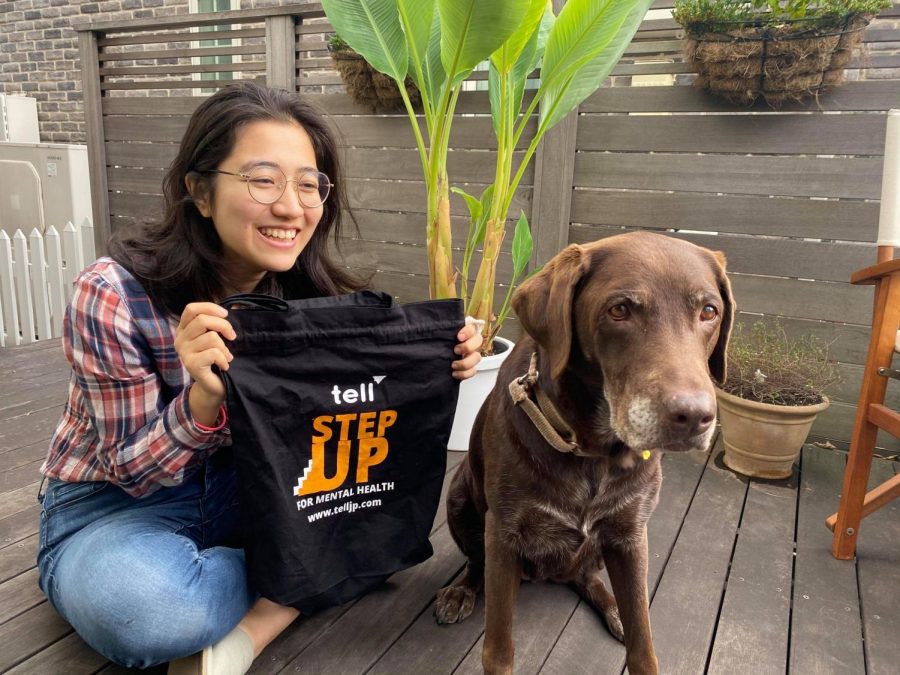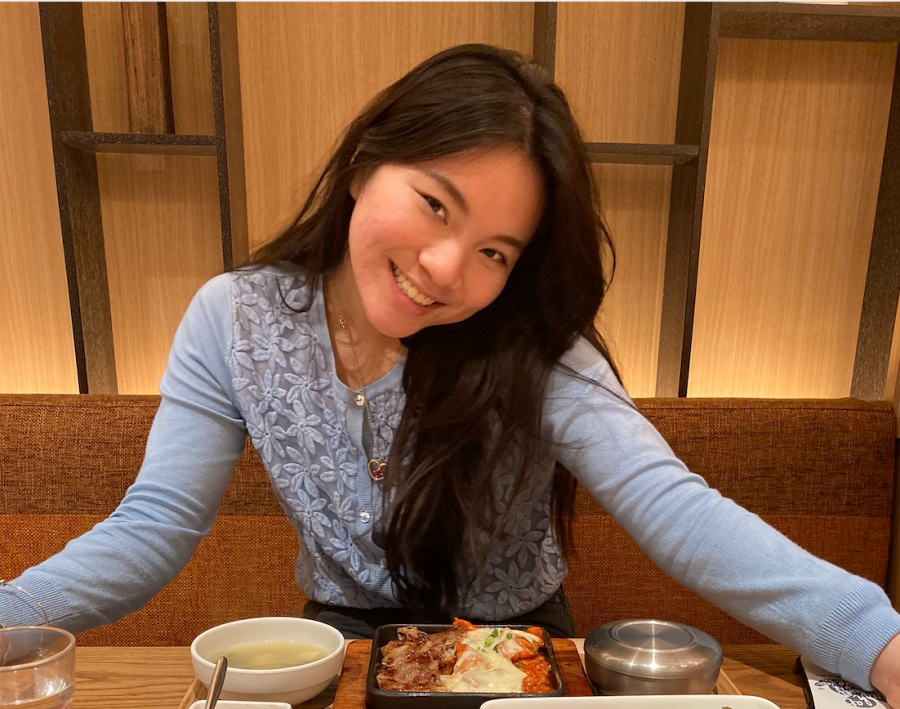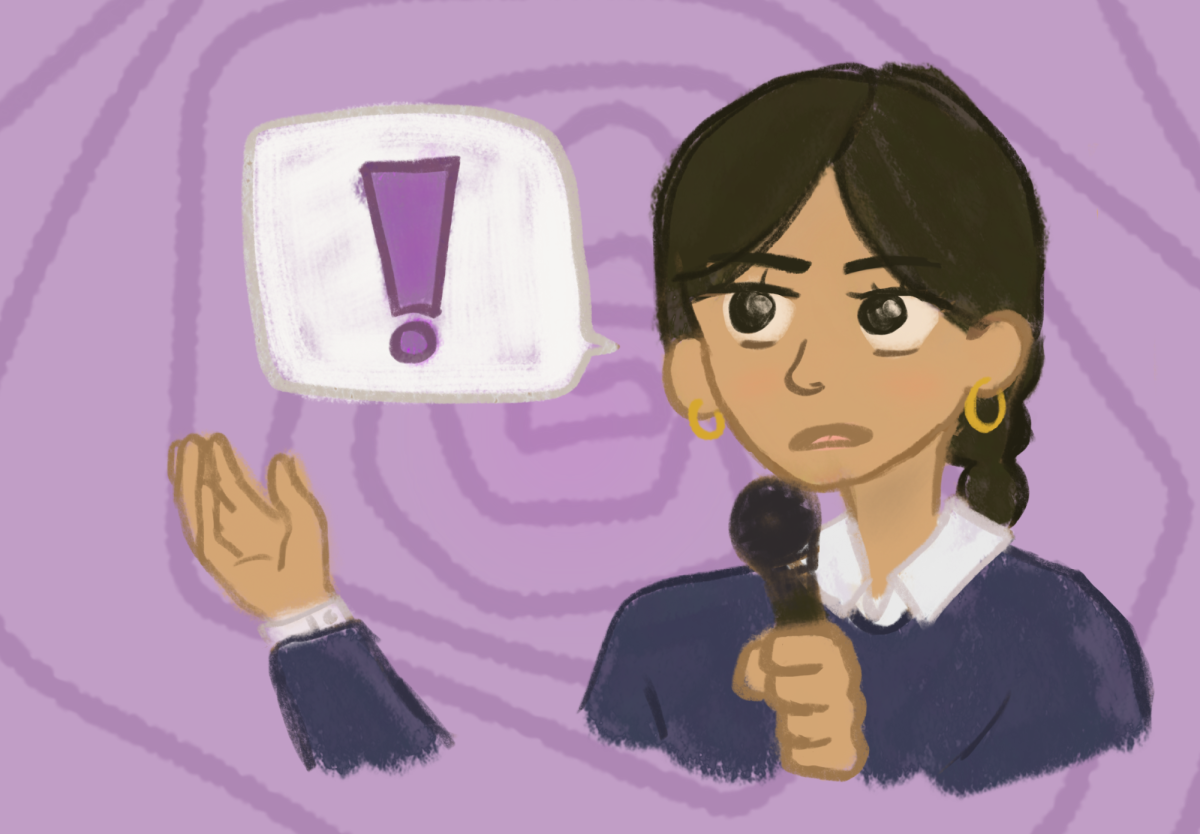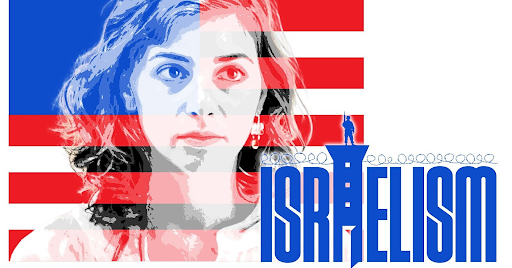
Growing up, I listened to stories about Palestine from my grandparents, recalling how with the creation of Israel, they were expelled from their homes and had to find refuge in Gaza. I constantly heard about Palestinian people, including children, killed by Israeli soldiers, or wrongfully imprisoned. I have first-hand experience with missile attacks and fearing for my life whenever going back home to Gaza.
On the other hand, many young American Jews who grew up with Zionist ideologies are not taught about the struggles of the Palestinians. They are often taught that Israel was “a land without a people for a people without a land,” completely disregarding Palestinians and Palestinian history. They grow up with stories about how Israel embodies Jewish identity and freedom, a completely different perspective from what I grew up with.
“Israelism”—a documentary produced by filmmakers Erin Axelman and Sam Eilertsen, who are keen on bridging understanding—follows two young Jewish American individuals raised with an unshakable belief in Israel’s righteousness. The film explores how they come to terms with the truths hidden from them and confront the complexities of a conflict they’ve only seen from one angle. This film captures the power of narratives—especially those curated by dominant forces—and confronts the consequences of a one-sided view that often omits or downplays Palestinian experiences.
“Israelism” effectively portrays how this conflict is not simply a battle of right versus wrong, but a deeply rooted clash of narratives, histories, and traumas.
To a Palestinian like myself, one of the most compelling elements of the film was its depiction of the emotional bond most Jews have attached to Israel and the difficulties they experience when they attempt to step outside of that narrative. The film interrogates the narrative that is fed to American Jews, completely disregarding Palestine and Palestinian history, along with how they are taught to defend a state that has become so intertwined with their identity.
One of the young American Jews this film follows, Simone Zimmerman, explains that she was taught that “The only way Jews can be safe is if Palestinians are not safe,” capturing a mindset that many American Jews have internalized. As we follow the protagonist, Zimmerman, a former Zionist activist who re-examines her beliefs, “Israelism” shows how breaking away from a culture that glorifies Israel’s military and suppresses Palestinian perspectives requires immense courage and self-reflection.
In the documentary, we learn about multiple Israeli Defense Forces (IDF) veterans who share their experiences in the military, and how their experiences have shaken their love for Israel. One veteran, Avner Gvaryahu, was interviewed about his experiences in the military. He is currently the executive director of Breaking the Silence, an Israeli-based non-profit organization whose aim is to “expose the public to the daily reality of the occupation and Israeli military rule over the Palestinian civilian population in the territories.” He explained how he “was never in a Palestinian house until [he] barged into one in the middle of the night”, in the context of taking over that house and using it as a military point – or a military occupation. He also explained how the IDF has the power to “detain any Palestinian just because [they] looked at us in the wrong way,” revealing to the audience how the system is based on violence.
Another veteran who goes by Eitan also talks about his experiences in the IDF. He joined the army as soon as he graduated from high school. When he was stationed in the West Bank, one of his commanders had told him there was a detainee at a checkpoint, and that they needed to pick him up and bring him to the detention base. When they arrived, he saw a detainee who was at most around his early 20s, sitting on a curb, hands tied behind his back and blindfolded. Eight soldiers were waiting for them when they got to the detention center. The soldiers grabbed the detainee from their hands, threw him to the ground with his hands still tied behind his back, and blindfolded him, and they started kicking him. In this situation, Eitan felt responsible, but since his commander wasn’t saying anything, he felt he couldn’t. While this was happening, a military police officer was standing just inside the fence, watching. When the soldiers were done beating and kicking the detainee, then they took him inside the detention center. Eitan felt guilty that he couldn’t even speak up, and this experience was a turning point for him, resulting in him leaving the military and reflecting and reexamining everything he had been taught. Eitan explained that his story was “just one of many stories” from his time in the West Bank.
Eitan’s experience is evidence of persistent violence against detained Palestinians. By many Israeli soldiers, Palestinians are often viewed as non-human. The way everyone surrounding Eitan had been complicit with what was happening conveys how often this must occur. What Eitan experienced once, Palestinians endure constantly—whether firsthand or through family and friends. Nearly every Palestinian knows someone detained or abused by the IDF.
In an interview with Al Jazeera, co-producer Eric Axelman and the film’s main protagonist, Zimmerman emphasized the social and emotional challenges involved when examining the Israeli-Palestinian conflict from a new angle. As Zimmerman pointed out, questioning Israel’s military actions or its treatment of Palestinians often feels like “betraying” a community that has instilled in young Jews a deep bond with Israel. The documentary shows that escaping the limits of this bond requires not just a shift in beliefs but a willingness to face the feelings of isolation and guilt that accompany questioning one’s own identity and cultural values.
“Israelism” has certainly encountered its share of controversy. Recent screenings at university campuses, including UCLA, sparked backlash from pro-Israel groups who criticized the film as “propaganda” and claimed it fosters anti-Semitism. A StandWithUs article described a UCLA screening as “targeting” Jewish students, sparking debates over whether the film promotes understanding or perpetuates bias. However, the film discusses this type of criticism and talks about how it expects this kind of reaction. The film explains that people facing this revelation often react to this information by either questioning it and learning more about it, or completely rejecting it and remaining in denial. This reaction is especially evident when the information that’s being introduced is completely new and counters everything you had previously believed, especially as it continues to challenge common views held within the American Jewish community.
The controversy surrounding “Israelism” highlights the broader issue of media censorship. It addresses the crucial question: How do media censorship and selective reporting shape public opinion?
Zimmerman’s journey, alongside those of other former Zionists in the film, emphasizes how often pro-Israel narratives dominate Western media. This documentary argues that silencing Palestinian voices and limiting the narrative creates a lopsided understanding of the conflict that stifles empathy. By focusing on censorship, the documentary prompts viewers to question not only what they know but also how they come to know it.
The film introduces audiences to individuals who choose understanding over conformity, even at the cost of alienating themselves from friends, family, and trusted institutions. Offering an honest view of the journey from indoctrination to self-awareness, “Israelism” serves as a reminder to critically examine narratives and a powerful testament to the courage required to seek truth, no matter how uncomfortable.
Watch it for free here on Al Jazeera.


